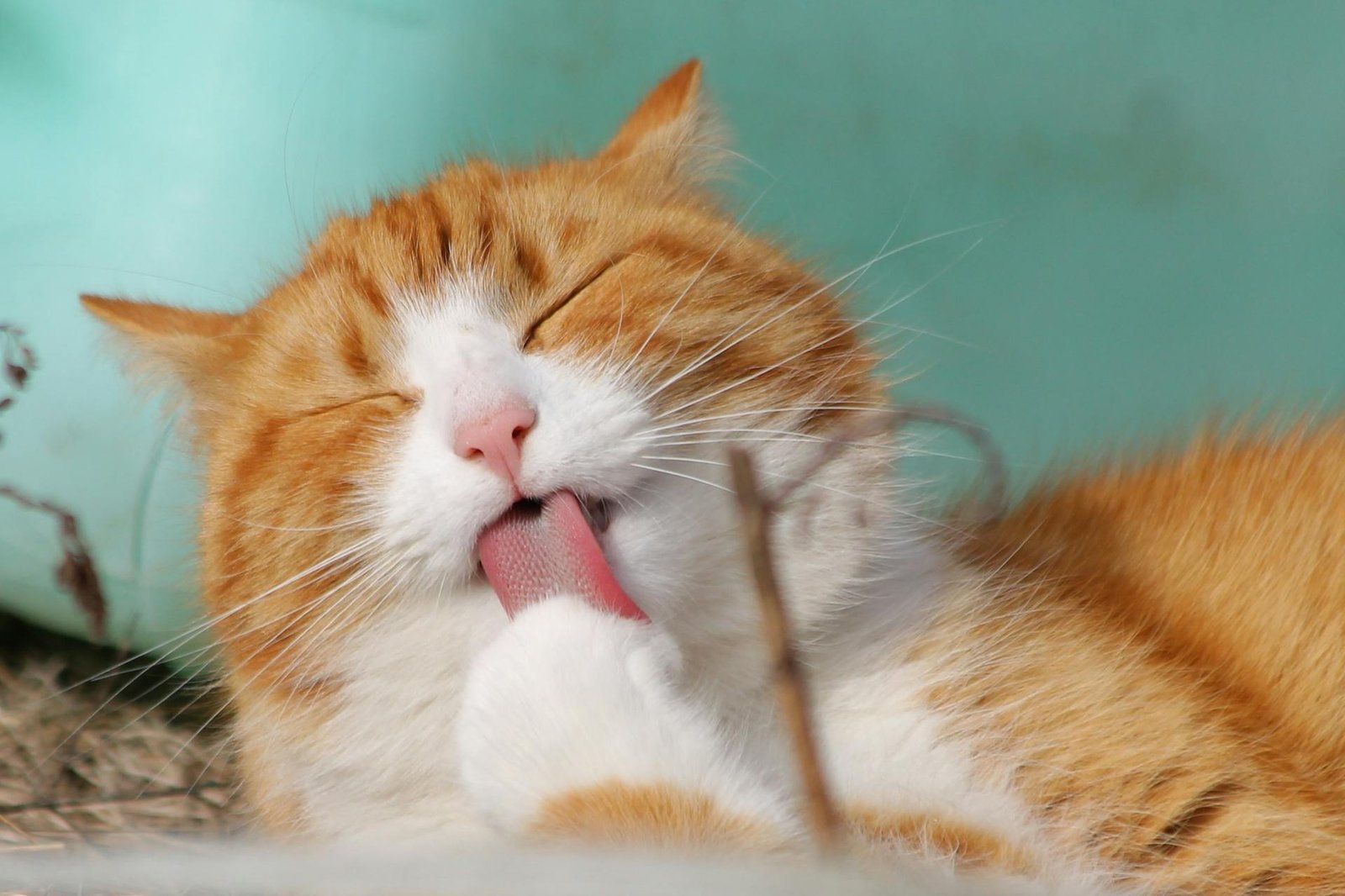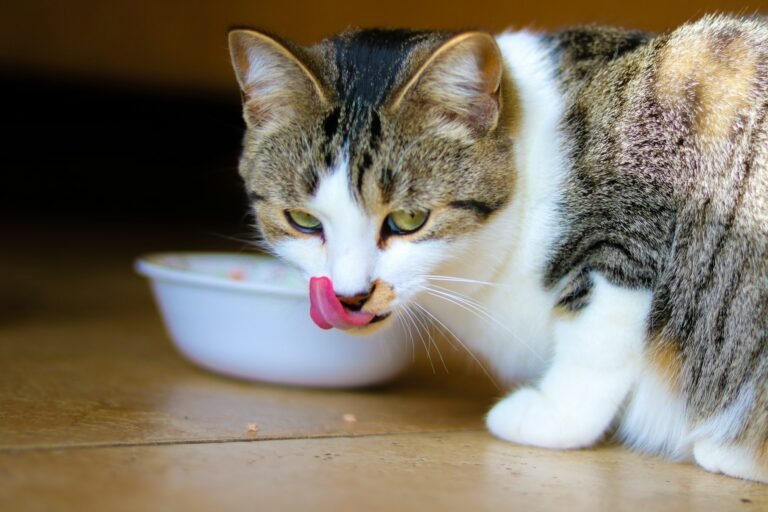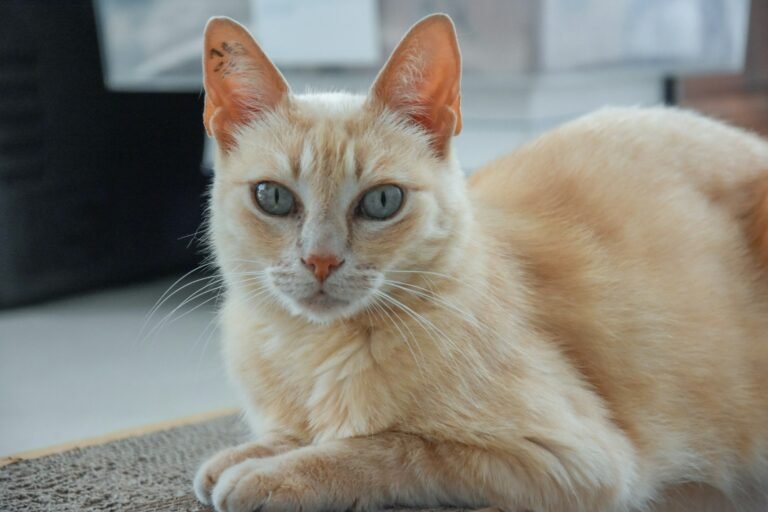7 Toxic Foods for Cats You Should Never Feed Them
Cats are sneaky little creatures, aren’t they? One second they’re minding their business, and the next, they’re sniffing around your plate like they’ve suddenly earned a seat at the table.
It’s cute, sure, but not everything we eat is safe for them. In fact, some human foods can seriously harm your feline friend.
So, what’s safe and what’s not? Let’s break down seven foods that cats should absolutely avoid—no matter how hard they beg.
1. Chocolate: Not for Cats (or Dogs)
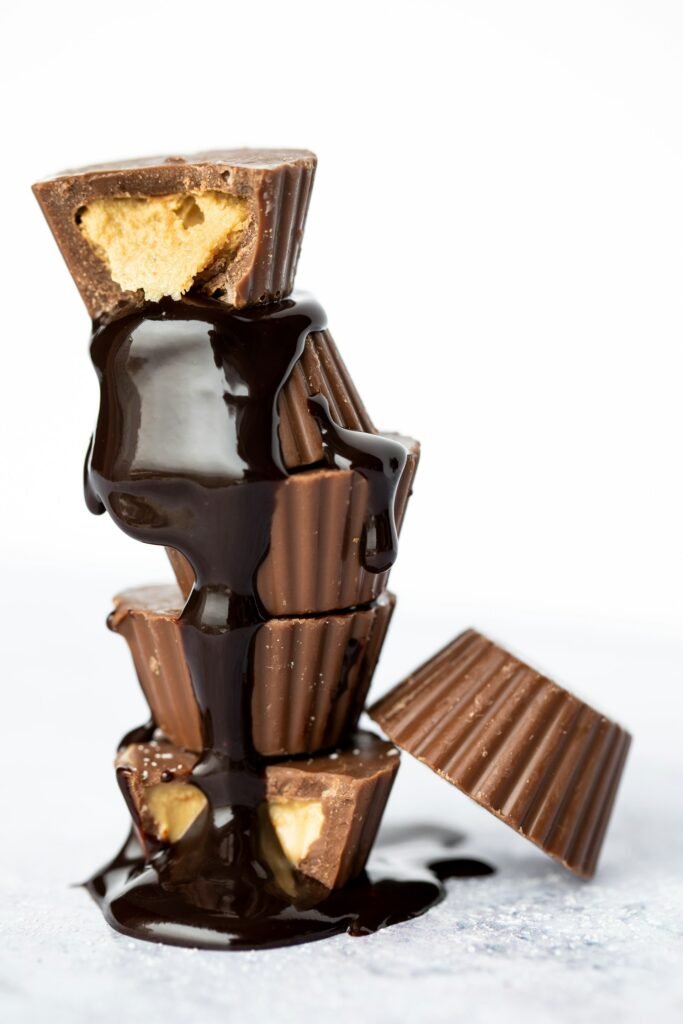
Chocolate might be delicious for us, but for cats, it’s basically poison. It contains theobromine and caffeine—two things that their little bodies just can’t handle. Even a tiny piece can mess with their system, and dark chocolate? Don’t even think about it. That stuff’s way worse than milk chocolate.
Signs of chocolate poisoning:
- Hyperactivity or restlessness
- Vomiting or diarrhea
- Muscle tremors or seizures
If your cat somehow sneaks a nibble of chocolate, don’t wait—call the vet. Better safe than sorry.
2. Onions, Garlic, and All Their Evil Cousins
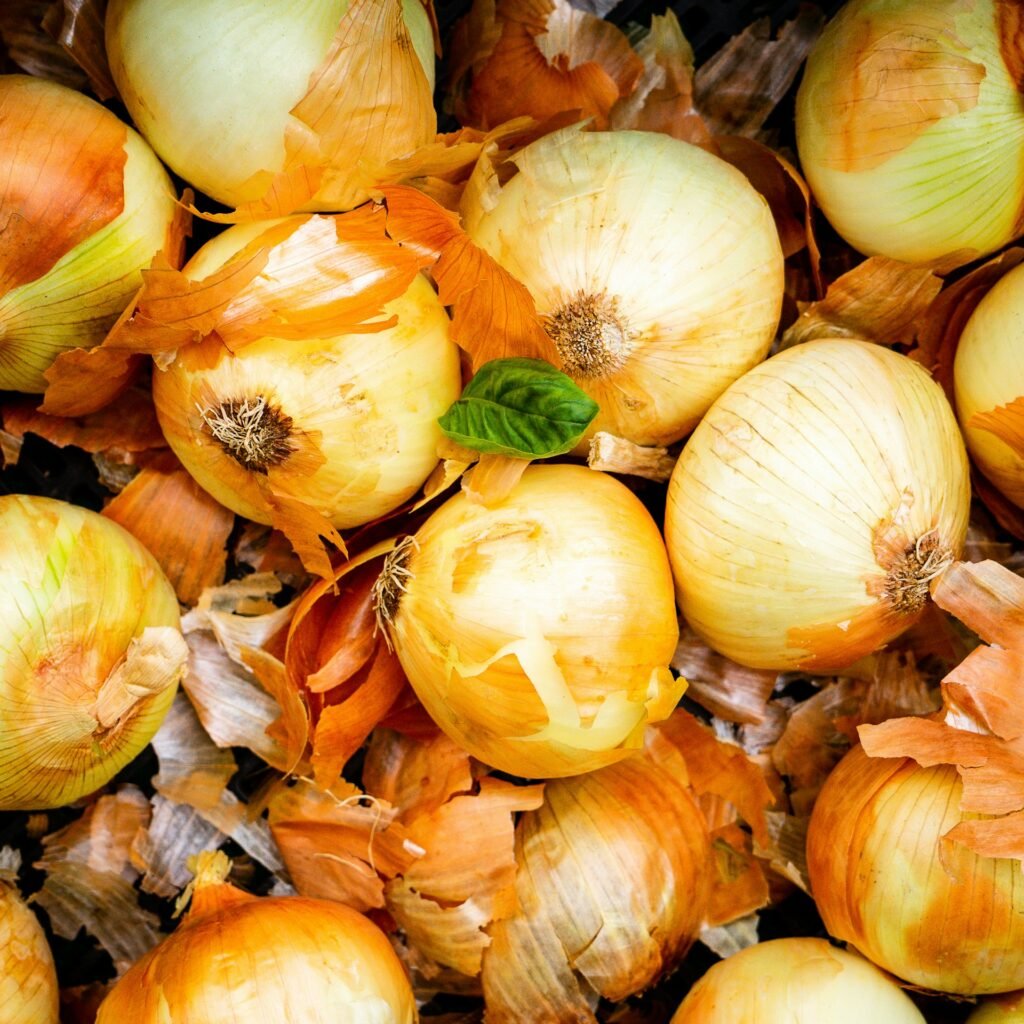
Onions, garlic, and chives might make your food taste amazing, but for cats? Not so much. These veggies can destroy their red blood cells, leading to anemia. Even onion powder or a tiny bit of garlic in some leftovers can cause big problems.
Symptoms to watch for:
- Fatigue (like, even more than usual)
- Pale gums
- Loss of appetite
Honestly, if you’re chopping onions, keep your cat far, far away. They’re better off sticking to their kibble.
3. Grapes and Raisins: Sweet but Deadly
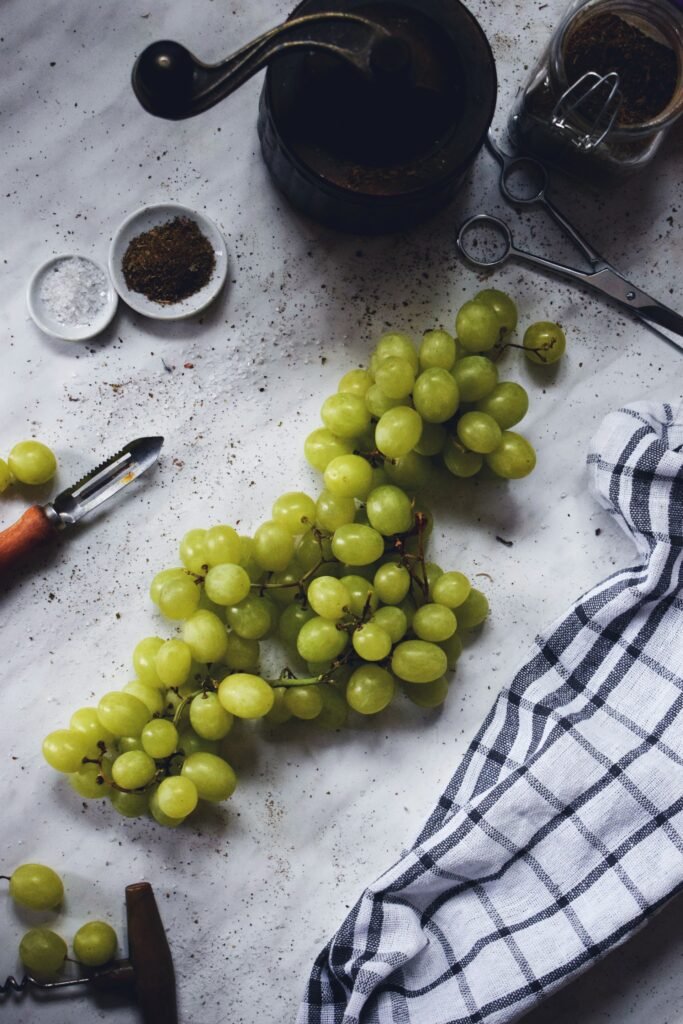
Grapes and raisins are one of those weird ones. They can cause kidney failure in dogs, and while it’s less common in cats, it’s still risky. No one really knows why these are toxic, but it’s better not to take any chances.
What could happen:
- Vomiting (gross, but it’s a big red flag)
- Lethargy or weakness
- Signs of kidney issues
Seriously, just keep these off the floor and out of reach. Not worth the drama.
4. Alcohol: Not a Party for Cats
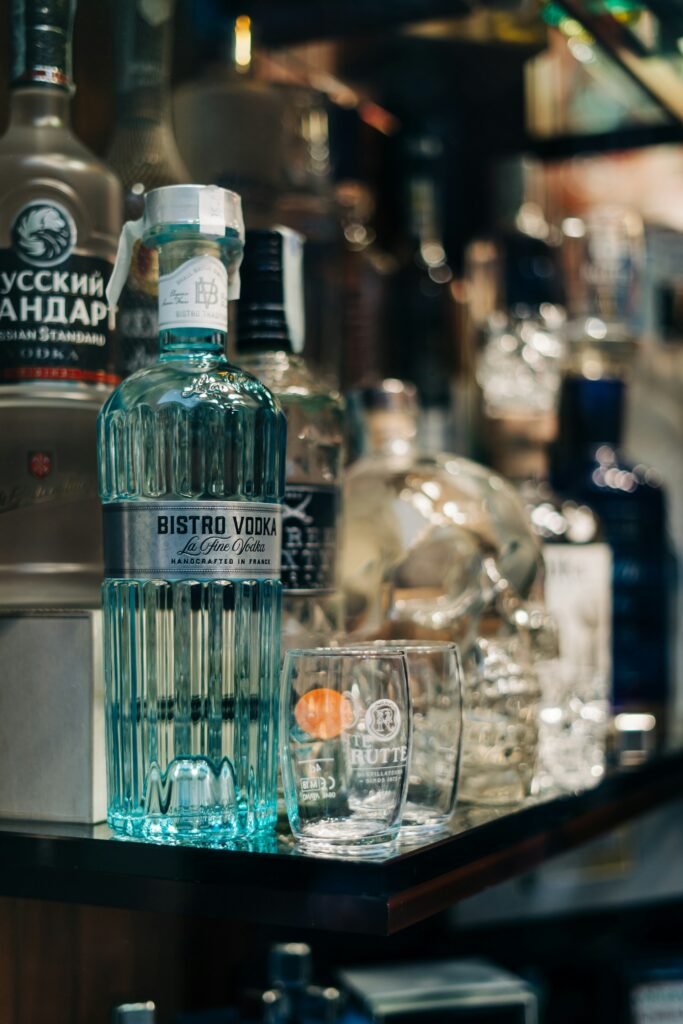
I know, I know—you’d never give your cat alcohol on purpose. But accidents happen. Maybe they lick up a spill, or someone thinks it’s “funny” to let them try a sip (it’s not). Cats are way smaller than us, so even a little alcohol can mess them up.
What alcohol poisoning looks like:
- Vomiting (again with the vomiting)
- Disorientation or stumbling
- Trouble breathing
Keep your drinks out of reach during parties, and if your cat gets into something, call the vet ASAP.
5. Raw Eggs, Meat, or Fish: A Recipe for Disaster
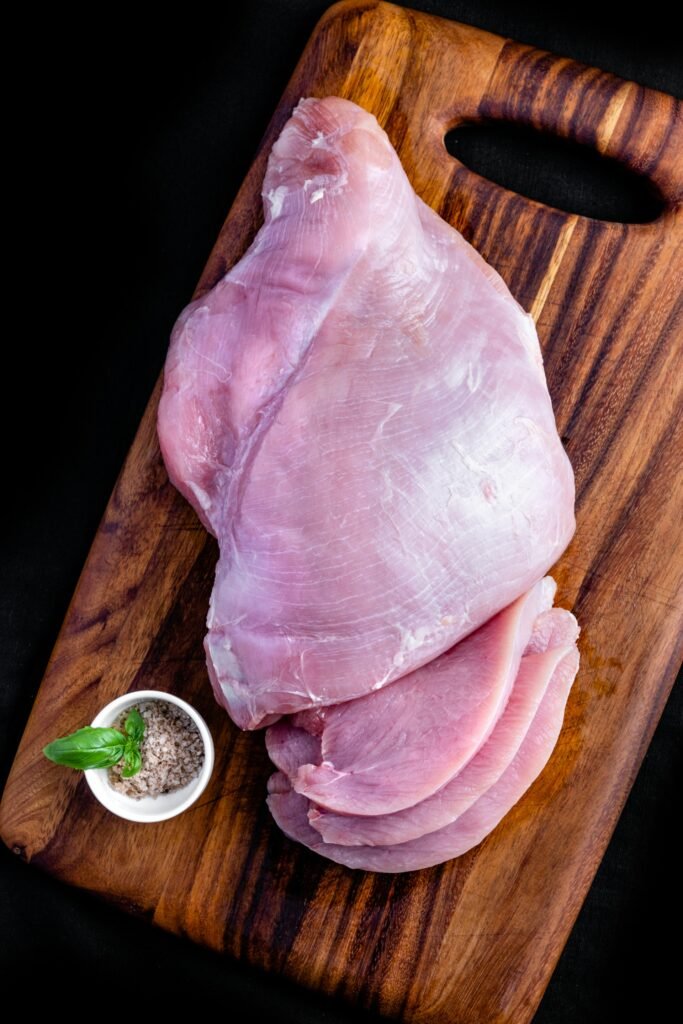
Okay, so raw diets are trendy for pets, but they’re also risky. Raw eggs can carry salmonella, raw meat can harbor parasites, and raw fish? That’s a triple threat—it contains thiaminase, an enzyme that destroys thiamine, which cats need to function.
What might happen:
- Stomach issues like diarrhea
- Neurological problems if thiamine levels drop
- General “I don’t feel good” vibes from your cat
If you want to give your cat some meat or fish, make sure it’s cooked. Better safe than sorry.
6. Dairy: The Myth of Milk-Drinking Cats
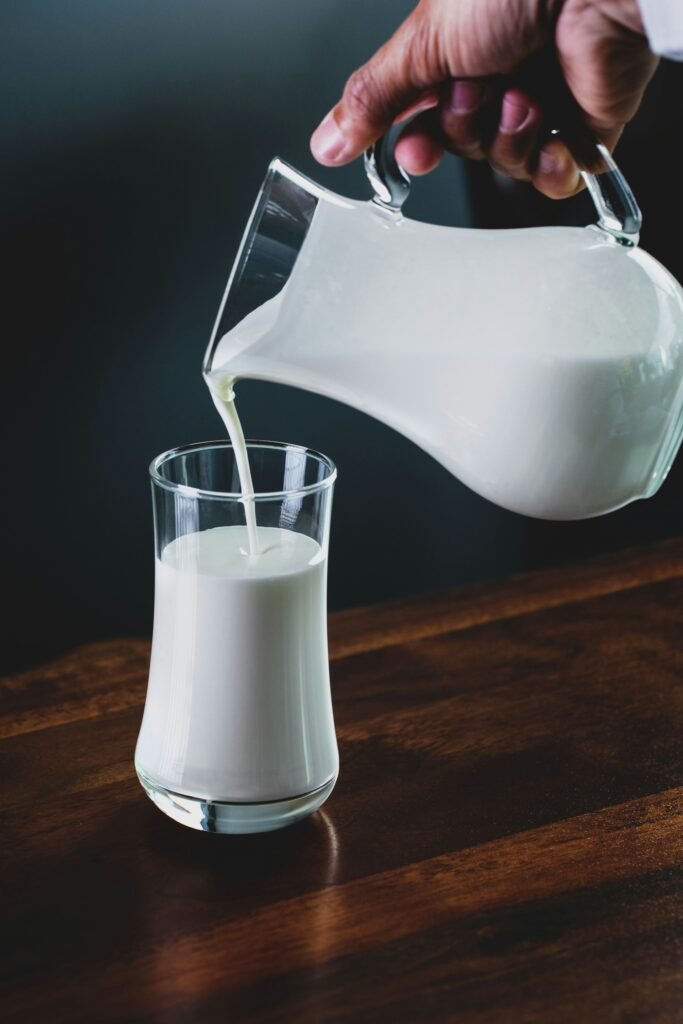
Cartoons lied to us. Most adult cats can’t handle milk, and giving them dairy is just asking for trouble. They’re lactose intolerant, which means milk, cheese, and cream can lead to all kinds of tummy troubles.
What you’ll notice if they have dairy:
- Diarrhea (and probably a lot of cleanup for you)
- Gas (less fun for everyone)
- Stomach cramps
If you feel like treating them, go for cat-specific milk. Regular dairy is not worth the mess.
7. Caffeine: Buzz Kill
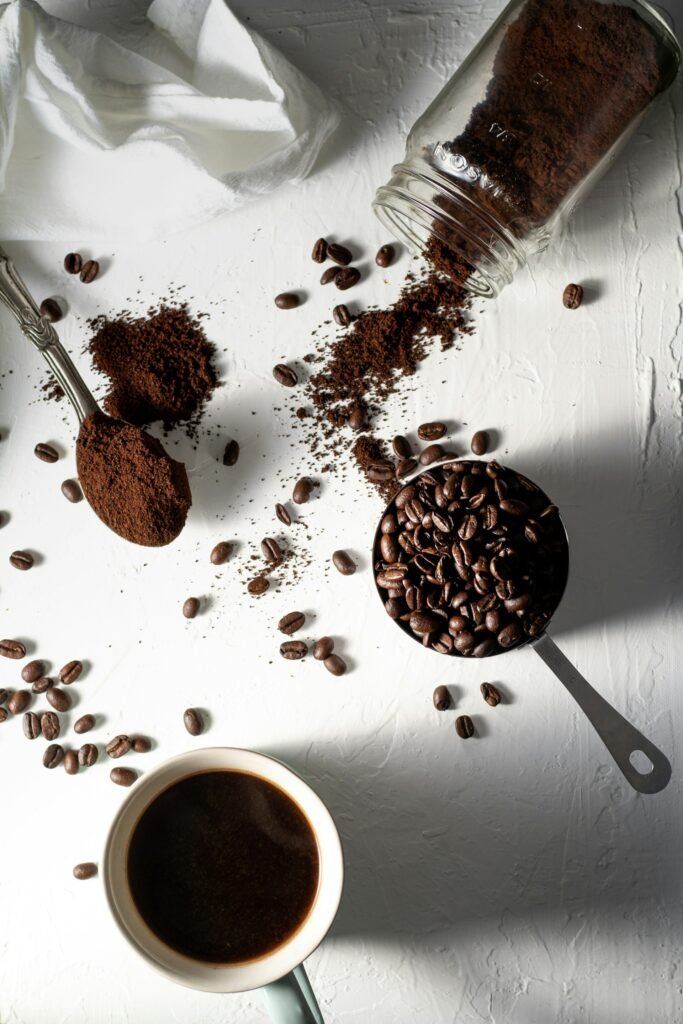
Caffeine might be your lifeline, but it’s a no-go for cats. Found in coffee, tea, energy drinks, and even chocolate, caffeine is super toxic to cats. Just a tiny bit can cause serious issues.
Signs of caffeine poisoning:
- Hyperactivity (but not the fun kind)
- Rapid breathing or heart rate
- Tremors or seizures
Keep your coffee mugs and soda cans far out of reach. Your cat doesn’t need the energy boost.
Quick Recap: Foods to Keep Away from Cats
Let’s sum it up in a list because who doesn’t love lists?
- Chocolate: No amount is safe; dark chocolate is the worst.
- Onions, Garlic, Chives: Toxic in all forms, even powders.
- Grapes and Raisins: Kidney failure risk—not worth it.
- Alcohol: Even a sip can be dangerous.
- Raw Foods: Eggs, meat, and fish are risky for bacteria and vitamin deficiencies.
- Dairy: Cute in cartoons, but bad for their stomachs.
- Caffeine: Your cat doesn’t need to run on espresso.
FAQ: Keeping Cats Safe from Toxic Foods
1. What should I do if my cat eats something toxic?
Call your vet immediately. Time matters when it comes to poisoning. Bring the food packaging or a sample if you can—it’ll help the vet figure out the best treatment.
2. Can cats eat any human food safely?
Yes, some! Small amounts of cooked chicken, plain fish, or steamed veggies like carrots are usually fine. Avoid seasoning or oils, though.
3. How can I stop my cat from stealing food?
Keep plates out of reach, never leave leftovers unattended, and use cat-proof lids for trash cans. Cats are sneaky—stay one step ahead!
4. Can a small amount of toxic food still harm my cat?
Absolutely. Even a tiny piece of something toxic, like chocolate or onion, can have serious consequences. It’s better to be overly cautious.
5. Why are cats more sensitive to some foods than dogs?
Cats have different metabolisms and digestive systems. They lack certain enzymes to process some foods, making them more vulnerable.
6. Are there cat-friendly treats I can use instead?
Yes! Look for cat-specific treats at pet stores, or try freeze-dried meat snacks. They’re safe and tasty for cats.
7. Do cats instinctively avoid toxic foods?
Not always. Some cats are picky, but others will try to eat anything, especially if it smells interesting. It’s up to you to keep dangerous foods out of reach.
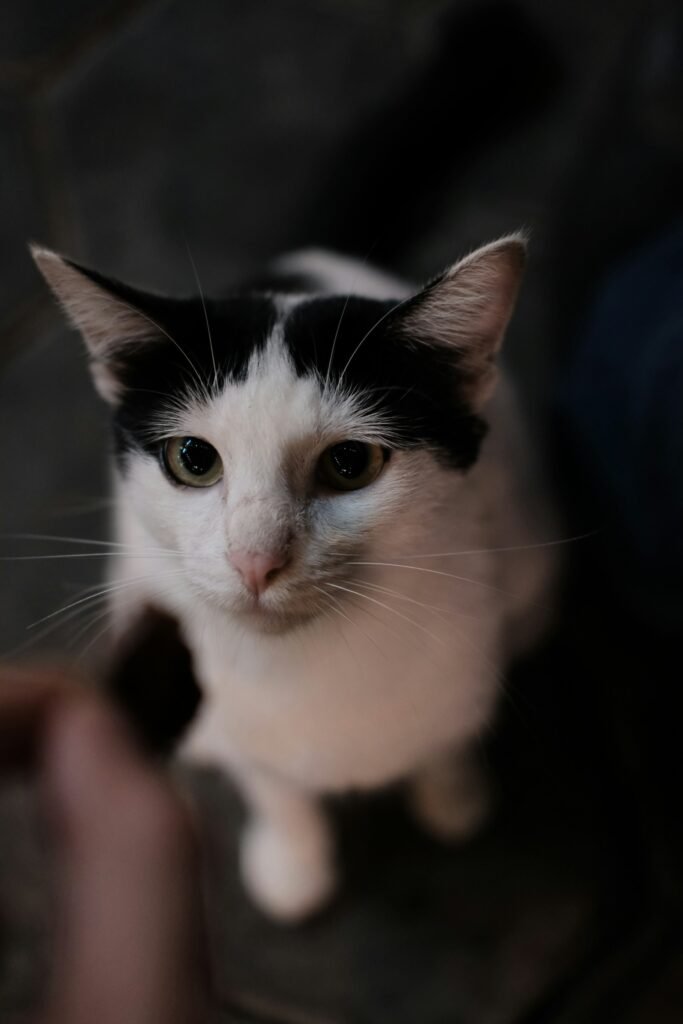
Final Thoughts
Cats might act like they know everything, but when it comes to food, they need our help to stay safe. Their curiosity and sneaky habits can sometimes get them into trouble, so it’s important to know what’s safe and what’s not.
By avoiding these toxic foods and keeping tempting dishes out of reach, you can protect your furry friend from serious harm. And let’s be honest—your cat doesn’t need your chocolate cake. A nice catnip toy or their favorite treat will make them just as happy (and keep their tummy out of trouble).
So, keep your snacks to yourself, and your cat will thank you in their own special, aloof way. 😊

